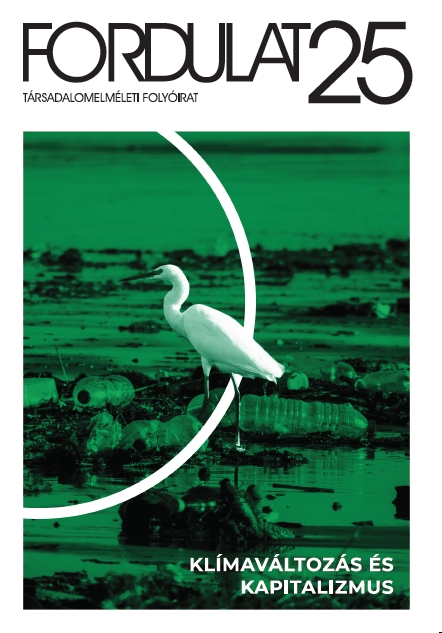A parasztok maguk csinálják történelmüket, de nem szabadon
Peasants Make Their Own Histories, But Not Just as They Please…
Author(s): Philip McMichaelSubject(s): Politics / Political Sciences, Anthropology, Social Sciences, Economy, Marxist economics, Sociology, Political economy, Politics and society, Cultural Anthropology / Ethnology, Culture and social structure , Rural and urban sociology, Political Ecology, Radical sociology , Environmental interactions, Sociology of Politics, Globalization, Identity of Collectives
Published by: Fordulat
Keywords: peasant;peasant activism;peasant studies;agriculture and environment;agriculture;peasants;capitalism;capitalism and nature;capitalism and environment;
Summary/Abstract: This essay employs contemporary peasant mobilizing discourses and practices to evaluate the terms in which we understand agrarian movements today, through an exercise of historical specification. First, it considers why the terms of the original agrarian question no longer apply to agrarian change today. The shift in the terms corresponds to the movement from the late‐nineteenth century and twentieth century, when states were the organizing principle of political‐economy, to the twenty‐first century, when capital has become the organizing principle. Second, and related, agrarian mobilizations are viewed here as barometers of contemporary political‐economic relations. In politicizing the socio‐ecological crisis of neoliberalism, they problematize extant categories of political and sociological analysis, re‐centring agriculture and food as key to democratic and sustainable relations of social production.
Journal: Fordulat (2008-tól Új Folyam)
- Issue Year: 2019
- Issue No: 25
- Page Range: 159-191
- Page Count: 33
- Language: Hungarian

